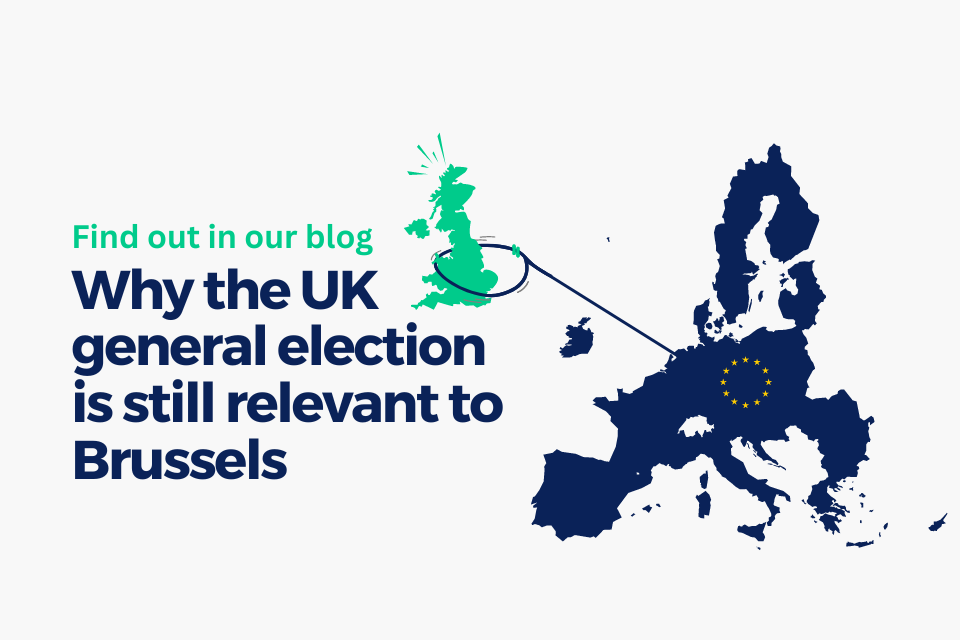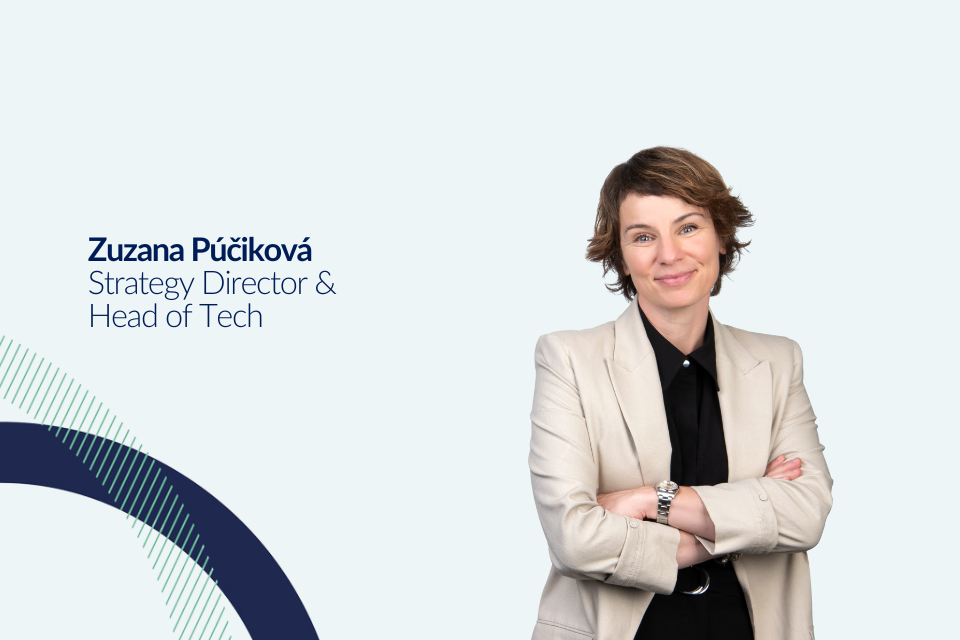Why the EU could become the global AI regulatory model and why non-European companies need to care
By Dan Morrison and Andrew Fielding
The U.S. and China lead AI innovation and China has moved to regulate generative AI systems, but the EU is poised to create a global AI regulatory model. The implications for companies everywhere (large and small) are significant. Now is the time for them to get smart about the labyrinthine, EU regulatory ecosystem.
Why The EU As a Model?
It has a head start. In June, the European Parliament adopted its position on the AI Act, paving the way for the interinstitutional negotiations aimed at agreeing on the world’s first comprehensive law on Artificial Intelligence. The U.S. government has yet to propose comprehensive rules. Our bet at Acumen is that EU laws will be finalized this year.
Some of the world’s most important technology companies are not waiting. In May, Alphabet and the European Commission said they aimed to develop a stop-gap set of voluntary rules (AI Pact) even before final EU AI rules go into effect.
Additionally:
- The EU has a strong track record of regulating technology, including the General Data Protection Regulation (GDPR) and the Digital Services Act (DSA), in force for 19 tech giants as of today 25 August. GDPR is considered the most comprehensive and robust data protection law in the world. It has had a major impact on how companies collect and use personal data, and it has inspired similar laws in other countries.
- The EU is a single market, which means that it can adopt pan-European rules, allowing goods, services and money to move around almost as freely as within a single country.
- The EU’s AI regulatory approach is “ex-ante,” meaning it is designed to proactively prevent problems from happening in the first place. The U.S. approach is more “ex-post,” or designed to address problems after they have already happened.
Perhaps most importantly, the EU has a strong, core consensus to regulate AI for its citizens. As much as American policymakers want to do the right thing for citizens and businesses, and as important as it is that the U.S. and the EU ultimately have AI regulatory convergence, the U.S. landscape is fractured. The EU also has a certain AI FOMO (Fear of Missing Out). It’s unlikely to be an AI innovation player at any scale, but it wants to be the global AI regulator. That is a powerful incentive.
Meanwhile, polarization in the U.S. is thwarting consensus on comprehensive AI regulation. AI could easily become a political issue. The U.S. also has a patchwork of regulatory decision-makers. And, in the absence of a comprehensive federal AI law, individual states may legislate on their own – actions that could lead to rules that supersede or conflict with federal laws, creating confusion for businesses operating across state borders.
Businesses need regulatory certainty. At least for now, the EU appears equipped to deliver. Its regulatory messaging and diplomacy are aided by an increasing number of European tech ambassadors setting up shop in Silicon Valley (Denmark, France, Finland, Sweden, and the Netherlands). Clarity on EU rules (as well as arbitrage) is a short call or lunch away for U.S. companies. In a recent Politico Tech podcast with the EU’s ambassador to Silicon Valley, Gerard de Graaf, host Steven Overly said “perhaps it’s just wishful thinking, but de Graaf tells me that tech companies actually see upsides to having the EU as their de facto global regulator.” De Graaf characterized upcoming EU AI rules as “coherent, proportionate, and effective.”
- The EU is a market of 448 million people. (Source: Eurostat). It is the world’s third-largest economy after the U.S. and China, representing about 16.0% of world GDP, expressed in Purchasing Power Standards (PPS). (Source: Eurostat)
- U.S. companies that want to sell AI products and services in the EU will need to comply with EU regulations.
- The EU could also set standards for AI that are adopted by other countries, which would mean that non-EU companies would need to comply with those standards even if they don’t sell their products and services in the EU.
As the global AI landscape evolves, adherence to EU standards will be crucial for accessing the vast European market and avoiding costly obstacles in doing business. Companies trying to game which regulations are likely to become global standards might do well to bet on Brussels.
Acumen Public Affairs, the largest independent consulting firm in Brussels, helps companies navigate the EU regulatory environment. Get in touch if you want to talk AI.
Dan Morrison, a senior advisor to Acumen based in Washington, is an adjunct professor of strategic and political communications at American University, is a former senior economic policy advisor at the U.S. State Department, and the former head of communications at the OECD.
Andrew Fielding, a senior advisor at Acumen, was an advisor to the president of the European Commission and VP for government relations at Samsung Electronics Europe.


